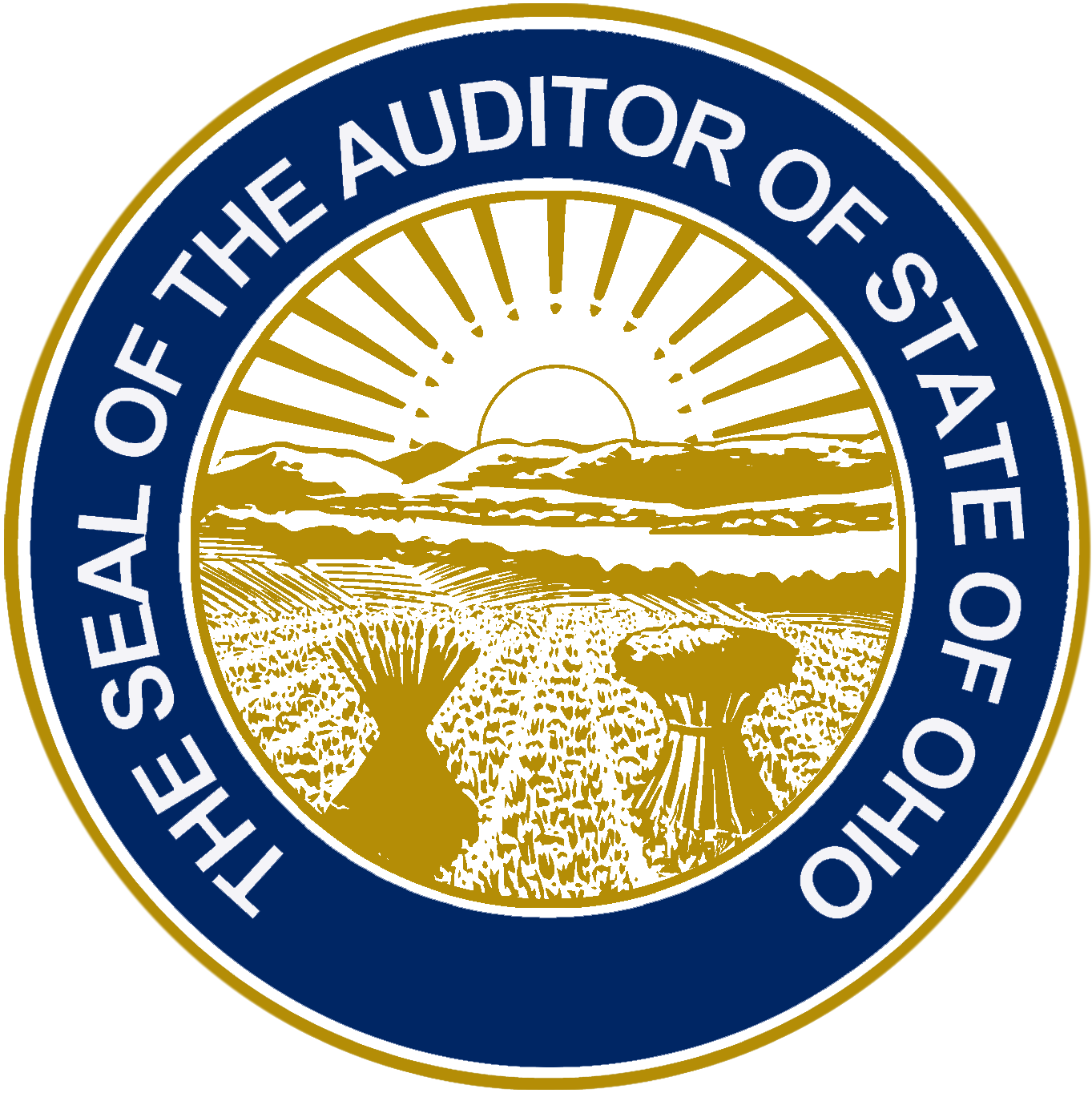
Press Release • Ohio Auditor of State
Recommendations Provided to Owens State Community College
Columbus – Auditor of State Dave Yost made recommendations today to Owens State Community College that will aid the board of trustees in addressing the college’s fiscal watch status.
“The recommendations made today can go a long way in bringing back financial stability to Owens Community College,” Auditor Yost said. “I urge the board of trustees to give them serious consideration as they implement a recovery plan.”
According to Ohio Administrative Code Chapter 126:3-1-01(D)(1)(b), after a declaration of fiscal watch by the Ohio Board of Regents, the Auditor of State is required to issue a report outlining the nature of the financial accounting and reporting problems of the college, as well as recommendations for corrective actions.
The Auditor of State’s Local Government Services Section analyzed the following areas:
- Budgetary Process
- Revenue Activity
- Purchasing Process, Bidding and Cash Disbursements
- Payroll Processing
- Debt Administration
- Cash Management and Investing
- Financial Reporting
- Forecasting and Planning
The analysis found that substantive weaknesses in the college exist in the areas of purchasing policies and purchasing card usage, payroll segregation of duties, and the lack of a comprehensive forecasting and planning policy.
Several recommendations to the college include:
- Implementing the policy requiring a specified undesignated reserve balance in the unrestricted educational and general current operating fund, the unrestricted auxiliary fund and the unrestricted plant fund;
- Monitoring fund balances throughout the year to allow for changes to the budget if the specified undesignated reserve balance is not being met;
- Reviewing direct payment and P-card practices and identify when each should be used and only using direct payment forms for emergency items;
- Reviewing P-card purchases to determine if the purchase: 1) essential for college purposes, 2) within budget before payment is made on the P-card statement and 3) no sales tax is paid;
- Updating policies and procedures to require secondary review or approval of non-student workers’ hourly timesheets;
- Requiring approval in writing by the manager of cash/investments before a money transfer is made;
- Establishing a process by which the board of trustees will undertake monthly reviews of revenues, expenditures and encumbrances consistent with the financial recovery plan;
- Establishing a process for monitoring monthly levels of expenditures and encumbrances, and requiring supporting documentation to substantiate any departure from any approved level;
- Completing a five-year forecast and consult with other organizations to research methods and best practices related to financial forecasting and planning; and
- Integrating a financial forecasting component with each of their planning documents and use long-term forecasting to assist in the negotiating process with employee union groups.
Owens State Community College was placed in fiscal watch by the Ohio Board of Regents on April 21, 2015. A college is placed in fiscal watch if it receives a composite score of 1.75 or less in the Board of Regent’s financial ratio analysis required by Senate Bill 6 (122nd General Assembly). In 2013, Owens State Community College received a composite score of 1.10 and a score of 1.0 in 2014. The college developed a financial recovery plan that was approved by the board of trustees on July 15, 2015 and was submitted to the Ohio Board of Regents.
Auditor Yost added that he’s “encouraged” by Owens Community College’s hiring of Dave Cannon as their chief financial officer, pointing to his experience serving in former Auditor Jim Petro’s administration.
A full copy of this financial accounting report may be accessed online.
###
The Auditor of State’s office, one of five independently elected statewide offices in Ohio, is responsible for auditing more than 5,800 state and local government agencies. Under the direction of Auditor Dave Yost, the office also provides financial services to local governments, investigates and prevents fraud in public agencies and promotes transparency in government.